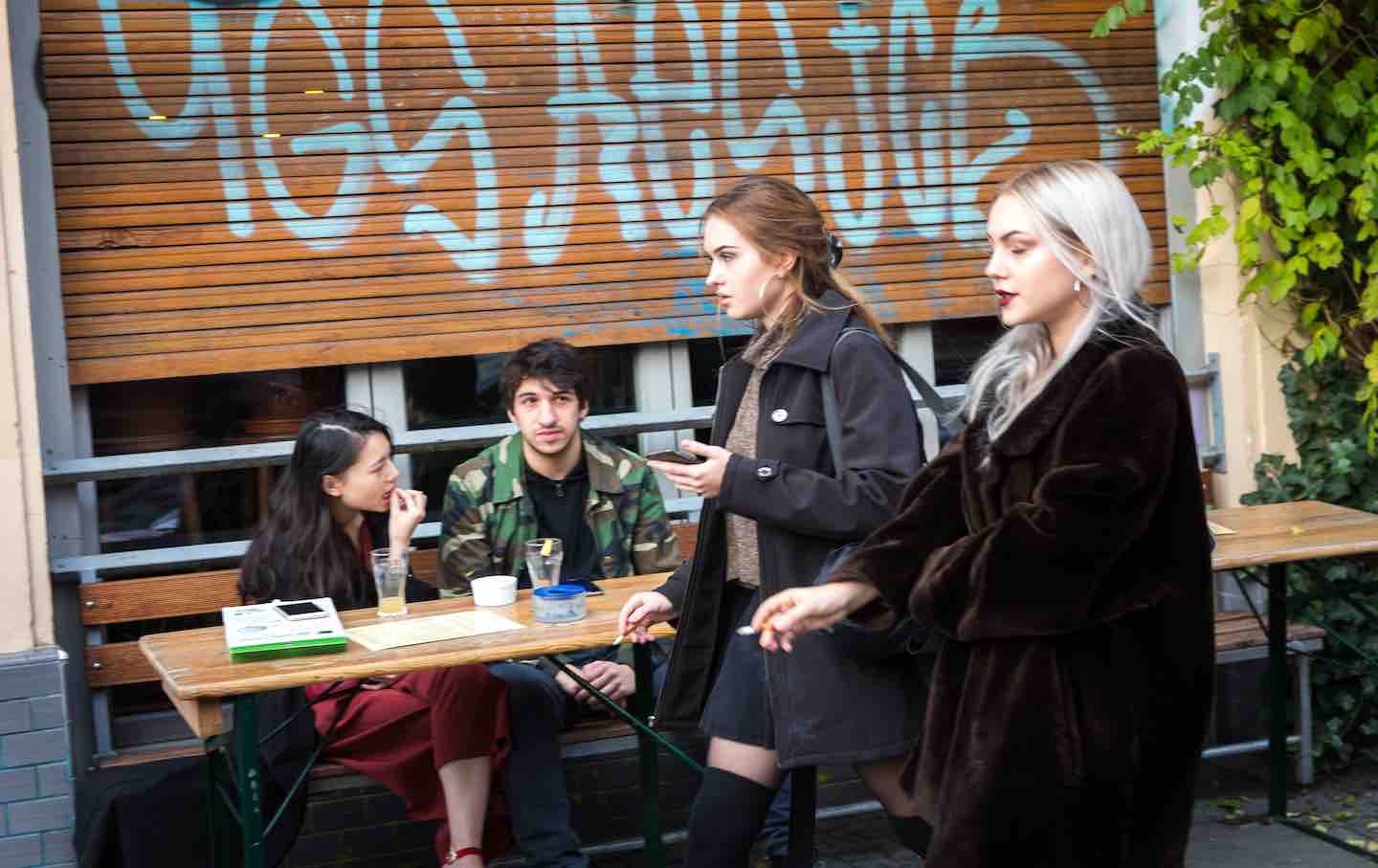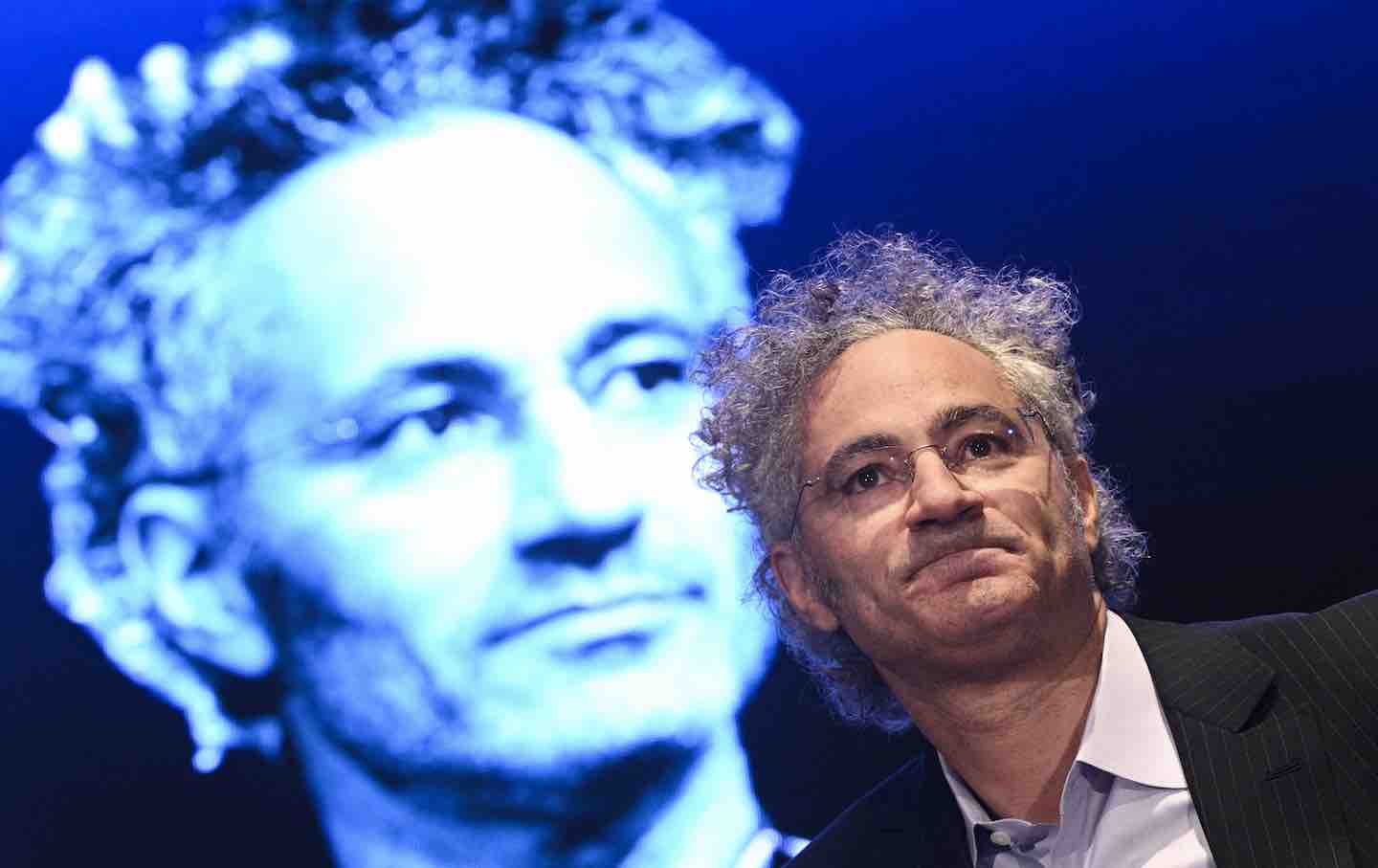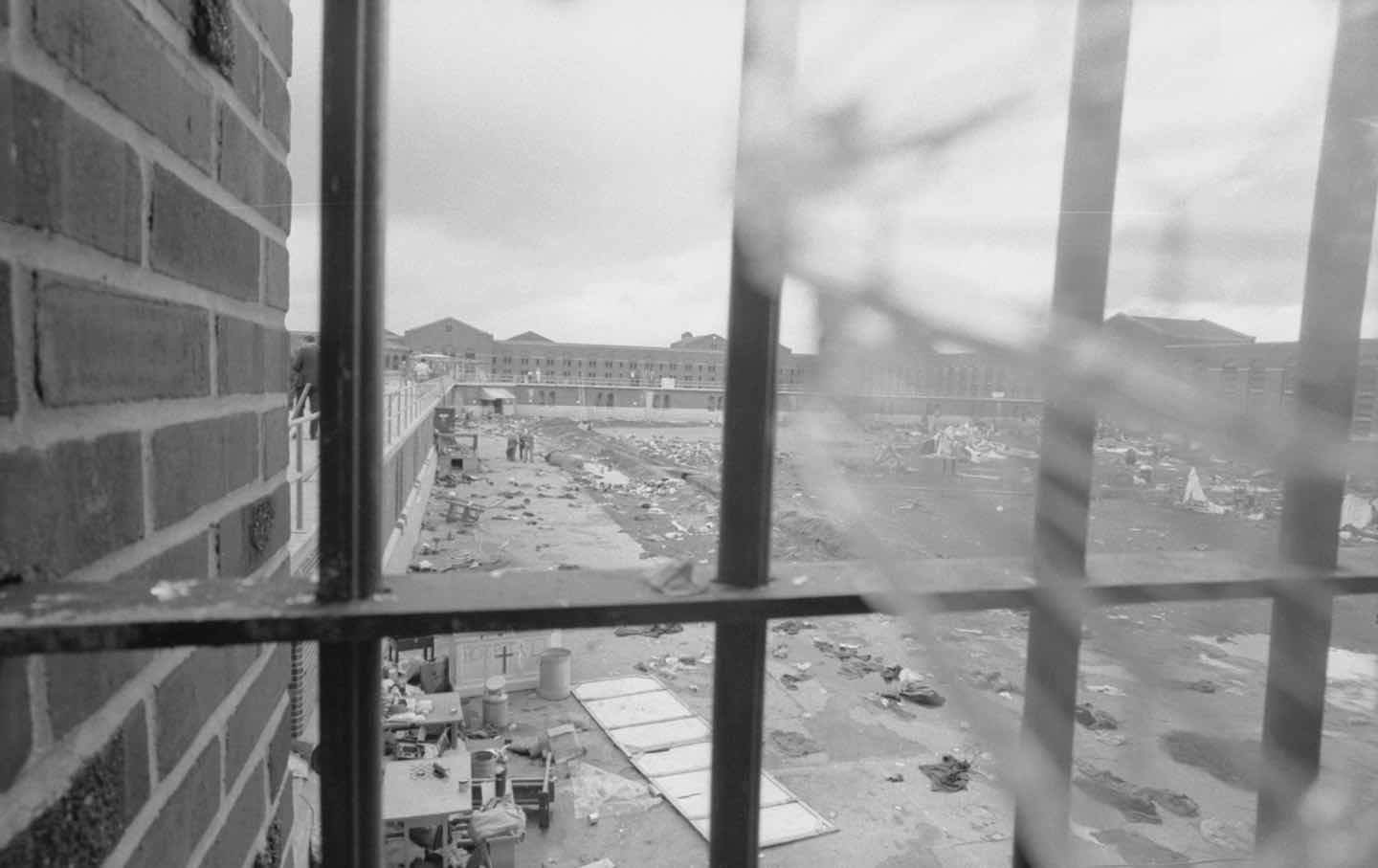At the Door of Integration, I Turned Around
Louder still from the choir
of the Black Madonna, the treble line
beat blue with the drumming haunts
of incalculable betrayal, too deviant
a lie to unbraid. Even at my dreary ends,
the lasts of me spread across 3000 seasons,
I still got a bell built for humming, that hymn of
repetition an infinite note to God. You think
I worry about beauty? By design,
I come back twice. Undead
imperium, the only idols I’ve got left
can’t be seen. In a good
final silence, they ask me
how I’d like to return. If I’d like to return.
I stay knowing the depth of the vessel belly,
the ripe scent of flesh sniping
at the soft of my eyes, the melon seed
wedged in my tooth like a clove. I say yes,
say, send me back
to this very animus, this
endless fiction. Yes. I would rather be ugly
than forget.








